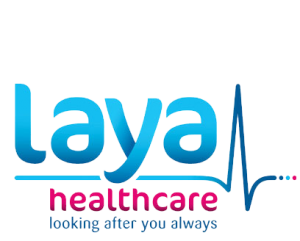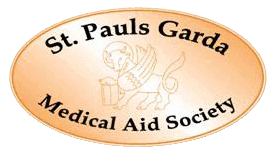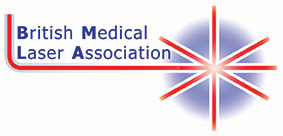Hand care tips for people with hand eczema/dermatitis during COVID 19
 Download this information as a PDF
Download this information as a PDF
1.
People with hand eczema/dermatitis have reduced lipids (fats) in the skin on their hands and normally have to avoid soap. However, because COVID 19 likes to hide in the lipid layer of your skin, it is now recommended that even those with hand dermatitis use a non-perfumed soap to wash their hands for 20 second (or as long as it takes to sing the “Happy Birthday to you” twice or recite the “Hail Mary” twice). Then pat dry with a disposable paper towel which can also be used to turn off the tap and on the door handle of the toilet. Moisturise immediately after washing with your recommended moisturiser. As recommended by the HSE, wash your hands after going to the toilet, before preparing or eating food, if you cough or sneeze into your hands or a tissue, if you touch your face or if you were out somewhere where you may be at risk of being exposed to COVID 19. Use hand sanitiser gels if soap and water is not available.
2.
The WHO recommends that health care workers (HCW = doctors , nurses, carers, etc) clean their hands by rubbing them with an alcohol-based gel, as the preferred means for routine hand antisepsis if hands are not visibly soiled. HCW should wash their hands with soap and water when hands are visibly dirty or visibly soiled with blood or other body fluids and after using the toilet.
3.
Moisturise liberally with the greasiest hand moisturiser that you can tolerate. I usually recommend a light hand moisturiser every 1- 2 hours during the day (e.g. “Aveno Dermexa”, “Neutrogena Hand Cream”,“Doublebase” or “Epiderm Cream”) and a greasy moisturiser (e.g. “Emulsifying ointment” or “Epiderm ointment”) at night (under cotton gloves if you do not want to stain the bedclothes).
4.
Keep your hands dry at all times by the careful use of gloves. Before wet work moisturise your hands with your recommended moisturiser and put on a pair of light cotton gloves (e.g. Seton Gloves) followed by a pair of domestic rubber or PVC gloves for housework or industrial or garden gloves for heavy work. Get your gloves dirty, not your hands. Take a break every 15 minutes, remove the gloves and moisturise again. Cotton gloves by themselves are suitable for “dry” work around the house such as hoovering, polishing etc. Surgical latex gloves may be more suitable for delicate wet work.
5.
Avoid direct hand contact with washing up liquids and detergents. Use a washing machine and dishwasher if at all possible. Use a detergent free (soap free) shower gel, shampoo and conditioner such as the “Elave” range or else wear surgical gloves when showering and washing your hair. Use an electric razor instead of wet shaving. Rings should only be worn for special occasions, never during work. Avoid cheap jewellery (18 carat gold, sterling silver or stainless steel are safe).
6.
Buy plenty of gloves and hand moisturisers and place them in strategic places around the home and at work so that you don’t have to go looking for them every time you need them e.g. in the bathroom, kitchen, garage, car and at work.
7.
Pain, oozing, crusting or a sudden deterioration of your hand eczema/dermatitis may indicate that your skin has become infected. Check with Dr David Buckley or see www.kerryskinclinic.ie as you may need antibiotic tablets, steroid ointments, lab tests or allergy investigations.













